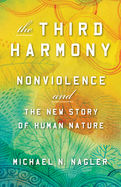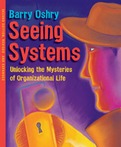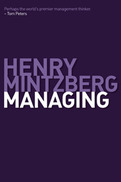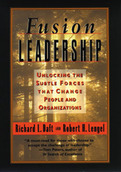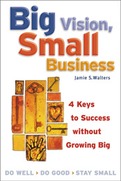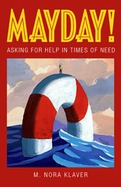2020
So many of the problems that beset us—war, poverty, isolation, and the climate crisis—have their roots in an old story about the universe: we are purposeless matter in a random void, and scarcity, competition, and violence are inevitable. Citing the convergence of modern science and the essence of the world's wisdom traditions, Michael Nagler argues for a new story: the universe is conscious and purposeful, humans are spiritual beings, and cooperation and collaboration are our natural way of interacting. This “new story” has had other champions, but Nagler is the first to realize that a piece is missing. For the new story to take hold, we have to embrace nonviolence, not only as a social change tactic but as a way of life.
Nonviolence is the only power strong enough to “move the heart” toward this deep and revolutionary change in worldview. Nagler refers to this as the “third harmony,” which is the harmony within and among us to resolve the crisis of the human image. Calling on us to realize the urgency of nonviolence for resolving our personal and collective problems, Nagler focuses on how to shift to our story on a personal, everyday level and then integrate it into the very foundations of our understanding of humanity and community, for our sake, for the sake of future generations, and the sake of nonviolence itself.
2007
• New edition of a classic, revised and updated throughout, with a new section and a new epilogue
• Explains why so many efforts at creating satisfying and productive systems end in disappointment
• Offers an approach to improving organizational life that removes the personal biases that stymie so many change efforts
2009
This landmark book draws on Mintzberg's observations of twenty-nine managers, in business, government, health care, and the social sector, working in settings ranging from a refugee camp to a symphony orchestra. What he saw—the pressures, the action, the nuances, the blending—compelled him to describe managing as a practice, not a science or a profession, learned primarily through experience and rooted in context.
But context cannot be seen in the usual way. Factors such as national culture and level in hierarchy, even personal style, turn out to have less influence than we have traditionally thought. Mintzberg looks at how to deal with some of the inescapable conundrums of managing, such as, How can you get in deep when there is so much pressure to get things done? How can you manage it when you can't reliably measure it?
This book is vintage Mintzberg: iconoclastic, irreverent, carefully researched, myth-breaking. Managing may be the most revealing book yet written about what managers do, how they do it, and how they can do it better.
2004
Fusion Leadership describes a new way of leading based on "fusion," a coming together of whole individuals to accomplish mutual goals based on shared vision and values. Fusion leaders are those who engage not only the bodies and minds of their employees, but also their hearts and souls. Unlike the traditional, hierarchical "fission" management style used for centuries in business, fusion leadership supports personal growth and ingenuity, qualities that facilitate change.
Building on the New Science assumptions that organizations can act as living systems and evolve with changing conditions, Fusion Leadership shows, in practical terms, how individuals and organizations can grow together. Fusion, the authors reveal, unleashes subtle forces-mindfulness, vision, heart, courage, communication, and integrity-which can fundamentally transform organizations.
Mindfulness, they say, represents independent thinking, personal creativity, and an open mind. Vision encompasses the higher purpose toward which people work. Heart represents caring and compassion-positive feelings that underlie workplace relationships. Communication influences vision, values, and emotions; it also involves listening and discerning. Courage motivates people to take risks. Integrity involves honesty, trust, and service-going beyond self-interest to give something to the organization. Through stories, parables, and probing questions, the book helps readers begin to revive these qualities within themselves. It also shows the value and applications of social technologies based on conversation-including dialogue, future search, and whole-scale change-which leaders can use to create organizational fusion, unleashing new synergies among people and achieving far-reaching results.
- Richard Daft is the author of two leading management textbooks, each of which has sold over 230,000 copies: Organization Theory and Design, 6th Edition and Management. 4th Edition
- Offers a striking new metaphor for managing and leading organizations-based on the principle of fusion (a joining together) rather than fission (a splitting apart or separation)
- Presents practical applications of fusion technologies-doable solutions to real problems-and inspires leadership and change
- Provides a personal, practical bridge to New Science and Systems Theory ideas
If you long to run a successful, socially conscious enterprise as one element of a fulfilling personal life, Big Vision, Small Business shows you how. Covering growth options and small-enterprise advantages, inspired visioning, communication, and right-relationship, mindset issues and expectation management, and wisdom and mastery practices, Big Vision, Small Business is a must-read for every entrepreneur and futurist.
2007
- Offers a systematic approach to overcoming one of many people's greatest fears: asking for help
- Explores why we are so reluctant to ask for help as well as precisely how to ask for it
- Illustrated with personal stories and anecdotes from the author's coaching practice


